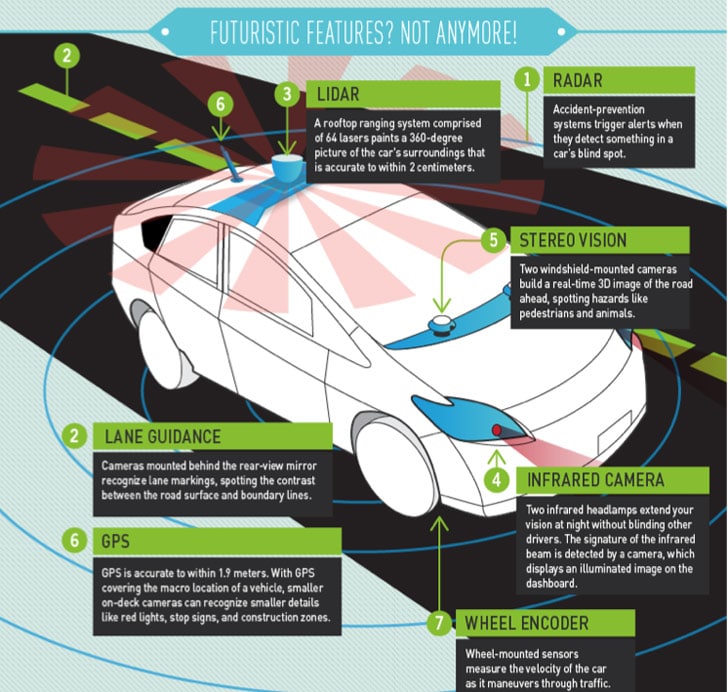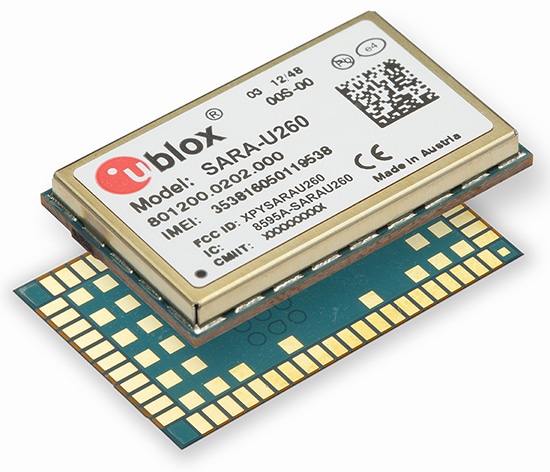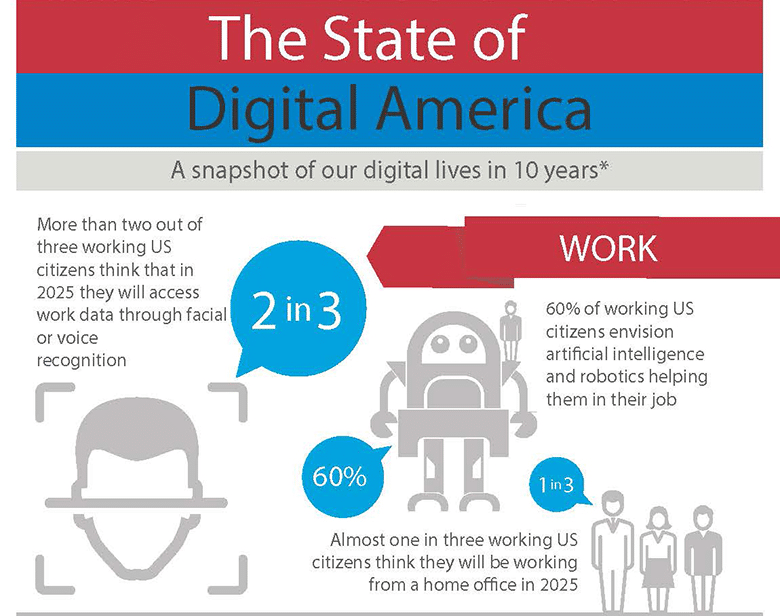A group representing some of the leading foreign automakers who sell in the U.S. released guidelines to protect consumer data collected by in-vehicle technologies and make sure that car owners consent to the collection of everything from geolocation data to biometric identifiers. The group, Global Automakers, represents foreign auto manufacturers and original equipment makers (OEMs). The Privacy Principles document (PDF here) include guidance on issues like transparency, anonymity and security and are intended to set ground rules for the collection and use of driver or owner information by increasingly sensor-rich vehicles. “As modern cars not only share the road but will in the not too distant future communicate with one another, vigilance over the privacy of our customers and the security of vehicle systems is an imperative,” said Global Automakers President and CEO John Bozzella in a published statement. The Privacy Principles are voluntary are are based on the U.S. Federal Trade […]
automobile
McKinsey: Consumers Want Connected Cars – And Fear Them, Too
The consulting firm McKinsey & Co. has released an interesting report on the future of connected vehicles. But it has some sobering data for car makers: concerns about privacy and the possibility that connected cars could be hacked are major concerns for consumers that could dampen enthusiasm for smart vehicles. The report, “What’s Driving the Connected Car?” finds that connectivity features will be a major driver of car sales in the coming years, with car buyers increasingly accustomed to vehicles that sport sophisticated interactive and networking features. That said: security concerns may hamper the “rapid and broad adoption” of connected vehicle technology. For its report, McKinsey interviewed 2,000 new car buyers in four countries: Brazil, China, Germany and the U.S. The survey found that a quarter of respondents considered connectivity a more important feature than engine power or even fuel efficiency. The firm estimates that connectivity features will become increasingly important selling features […]
Europol Warns of Internet of Things Risk
In a newly released report, Europol’s European Cybercrime Center (EC3) warns that the growth of the Internet of Things (IoT) threatens to strengthen the hand of organized cyber criminal groups and make life much more difficult for police and governments that wish to pursue them. EC3’s latest Internet Organized Crime Threat Assessment (iOCTA) says the “Internet of Everything” will greatly complicate the work of law enforcement creating “new opportunities for everything from cyber criminals to state actors to child abusers. The growing numbers of connected devices will greatly expand the “attack surface” available for cyber criminal activity, the EC3 warns. Cyber criminals may co-opt connected devices for use in common criminal activity (like denial of service attacks and spam campaigns). However, advancements like connected (“smart”) vehicles and infrastructure create openings for large scale and disruptive attacks. The report, which was published late last months, is a high level position paper and pulls data mostly […]
3G Module Just 26mm Wide OK’d by AT&T| ITworld
Steve Lawson at IDG News Service has an interesting article that notes AT&T’s certification of the U-blox SARA-U260 model, which is dubbed “the world’s smallest 3G module.” The 16 x 26 millimeter device is seen as a harbinger of the kind of low power device that will greatly expand the Internet of Things. The SARA-U260 is designed to transmit small amounts of data over 3G networks and could enable a new generation of even smaller and smarter devices – from Smartmeters to wearable technology to connected cars. The U260 has features that support applications from voice calling to auto industry telematics to retail point-of-sale terminals and handheld devices, according to U-blox. It uses A-GPS (Assisted Global Positioning System) and a technology called CellLocate that uses nearby cellular towers to triangulate a location in situations where GPS isn’t available. 3G and 2G networks are being replaced by 4G and even 5G networks for most consumer smart phones. But the technology still works great […]
Consumers Embrace IoT And Wearables, Worry About Security Consequences
A new survey of consumer attitudes and expectations about technology finds that a strong majority of Americans expect wearable technology and biometric security to be common within the next decade. The survey, sponsored by the security company McAfee, asked 1,500 U.S. consumers about lifestyle and technology trends in the home and workplace. The results suggest that consumers are already adjusting their expectations about the future to include pervasive connectivity, a wealth of intelligent devices – and some of the problems that come with both. More than 60% of those surveyed by McAfee said they anticipate having connected appliances like refrigerators that will “automatically add food to a running grocery list if the product is running low.” A strong majority of those polled – 84% – said they were convinced their home security systems will be connected to their mobile device. “As technology, especially the Internet of Things, continues to rapidly advance and […]





